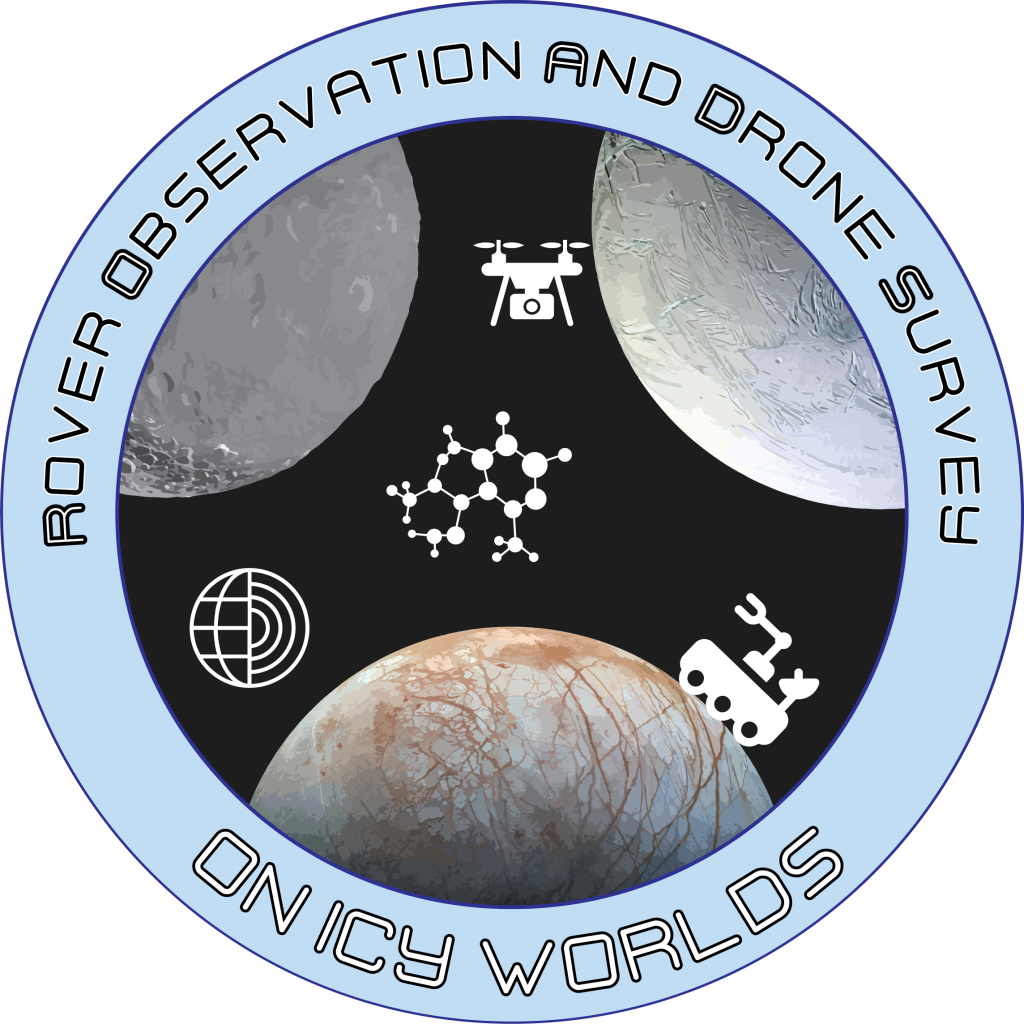ROADS on Icy Worlds Companion Course
How can we use experiments, models, and rehearsals here on Earth to understand other solar system objects and plan a successful mission to Icy Worlds?
This course is organized around the guiding question above and is tied to the 2021/22 Student Challenge, ROADS on Icy Worlds. This challenge wrapped up in 2022, but you are still welcome to use its activities and the companion lessons. The course has five units, each with multiple lessons. Each unit and lesson have their own guiding question that will contribute to students’ understanding of the overall guiding question.
Alignment with ROADS on Icy Worlds Challenge

Most lessons from the Companion Course are aligned with the Mission Objectives (MO’s) of the ROADS on Icy Worlds Challenge.
